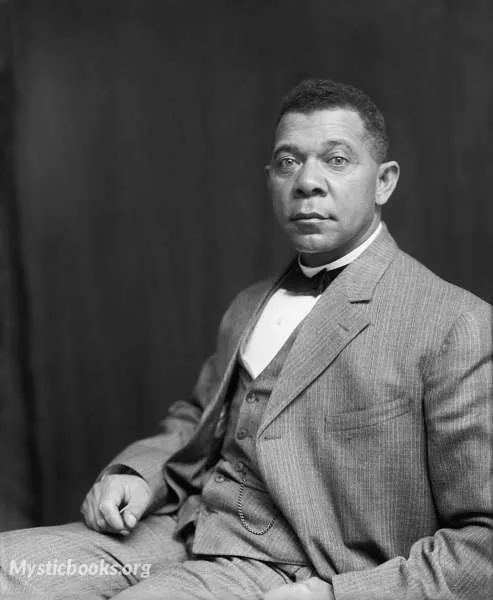
Timeline
Title
Country/Nationality
Booker T. Washington
Booker Taliaferro Washington was an American educator, author, orator, and adviser to several presidents of the United States. Between 1890 and 1915, Washington was the dominant leader in the African American community and of the contemporary black elite. Washington was from the last generation of black American leaders born into slavery and became the leading voice of the former slaves and their descendants. They were newly oppressed in the South by disenfranchisement and the Jim Crow discriminatory laws enacted in the post-Reconstruction Southern states in the late 19th and early 20th centuries.
Washington was a key proponent of African-American businesses and one of the founders of the National Negro Business League. His base was the Tuskegee Institute, a historically black college he founded in Tuskegee, Alabama. As lynchings in the South reached a peak in 1895, Washington gave a speech, known as the "Atlanta compromise", which brought him national fame. He called for black progress through education and entrepreneurship, rather than trying to challenge directly the Jim Crow segregation and the disenfranchisement of black voters in the South.
Washington mobilized a nationwide coalition of middle-class blacks, church leaders, and white philanthropists and politicians, with a long-term goal of building the community's economic strength and pride by a focus on self-help and schooling. With his own contributions to the black community, Washington was a supporter of racial uplift, but secretly he also supported court challenges to segregation and to restrictions on voter registration.
Black activists in the North, led by W. E. B. Du Bois, at first supported the Atlanta compromise, but later disagreed and opted to set up the National Association for the Advancement of Colored People (NAACP) to work for political change. They tried with limited success to challenge Washington's political machine for leadership in the black community, but built wider networks among white allies in the North. Decades after Washington's death in 1915, the civil rights movement of the 1950s took a more active and progressive approach, which was also based on new grassroots organizations based in the South, such as Congress of Racial Equality (CORE), the Student Nonviolent Coordinating Committee (SNCC) and Southern Christian Leadership Conference (SCLC).
Washington mastered the nuances of the political arena in the late 19th century, which enabled him to manipulate the media, raise money, develop strategy, network, push, reward friends, and distribute funds, while punishing those who opposed his plans for uplifting blacks. His long-term goal was to end the disenfranchisement of the vast majority of African Americans, who then still lived in the South. His legacy has been very controversial to the civil rights community, of which he was an important leader before 1915. After his death, he came under heavy criticism for accommodationism to white supremacy. However, a more balanced view of his very wide range of activities has appeared since the late 20th century. As of 2010, the most recent studies, "defend and celebrate his accomplishments, legacy, and leadership".
Books by Booker T. Washington
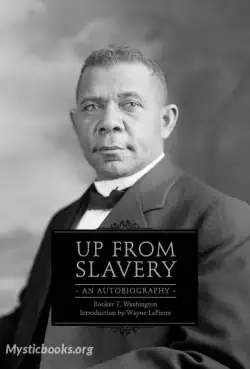
Up from Slavery: An Autobiography
Up from Slavery is the 1901 autobiography of American educator Booker T. Washington (1856–1915). The book describes his personal experience of having to work to rise up from the position of a slave child during the Civil War, to the difficulties and...
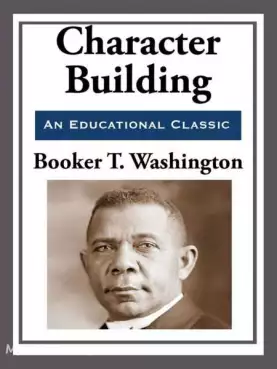
Character Building
Character Building is a compilation of speeches, given by Mr. Booker T. Washington, to the students and staff of the Tuskegee Normal and Industrial Institute (now known as Tuskegee University).
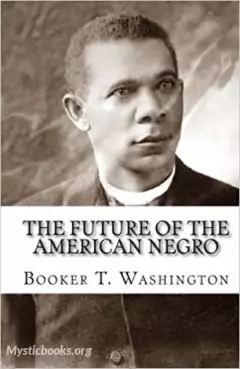
The Future of the American Negro
The Future of the American Negro, a book written in 1899 by American educator Booker T. Washington, set forth his ideas regarding the history of enslaved and freed African-American people and their need for education to advance themselves. It was re-...
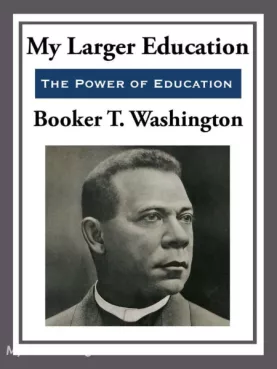
My Larger Education
It provides a rare glimpse into the life of one of the most prominent African American educators and civil rights leaders of the late 19th and early 20th centuries. In "My Larger Education," Washington reflects on his own life experiences, from his...
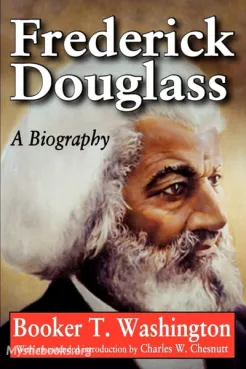
Frederick Douglass
"Frederick Douglass and Booker T. Washington," a riveting exploration of two remarkable African American leaders, immerses readers into a critical era of American history. Delve into the lives of Frederick Douglass, the indomitable abolitionist and o...

Story of My Life and Work
This autobiography recounts the life and work of Booker T. Washington, a prominent African American leader who rose from slavery to become a leading advocate for racial equality and education. It details his experiences as a young slave, his educatio...

Putting the Most Into Life
In 'Putting the Most Into Life,' Booker T. Washington shares his insights on achieving a fulfilling life through hard work, perseverance, and a strong moral compass. Originally delivered as Sunday evening talks to students at Tuskegee Institute, thes...
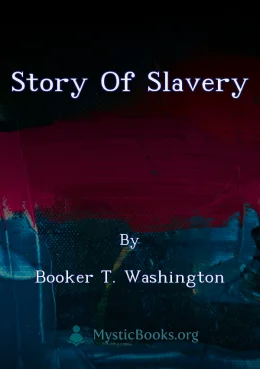
Story of Slavery
This book provides a firsthand account of the institution of slavery in America, written by a man who experienced it directly. Booker T. Washington, born into slavery, offers a poignant and deeply personal look at the realities of life under the brut...